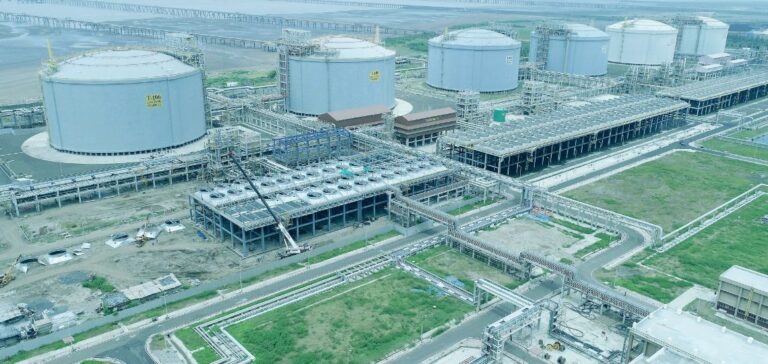Petronet LNG Ltd, a leader in the Indian energy sector, has decided to integrate the Novolen® technology developed by Lummus Technology for its new polypropylene production unit in Dahej, Gujarat.
This choice is part of a strategy aimed at strengthening India’s industrial autonomy by significantly reducing imports of polypropylene, a key polymer in many industrial applications, including packaging and consumer goods.
Novolen® technology stands out for its efficiency and its ability to offer high-quality production with reduced costs, both in terms of CAPEX and OPEX.
This innovation enables Petronet LNG to maximize the profitability of its operations while meeting the growing demand of the domestic market, thus consolidating its position in the petrochemicals market.
Cost reduction and production optimization
By choosing Novolen® technology, Petronet LNG aims to optimize its production processes, enabling better management of resources and a reduction in the costs associated with polypropylene production . Lummus Technology’s world-renowned expertise gives Petronet LNG access to advanced technological solutions that enhance not only production capacity, but also the quality of the end product, which is essential to remain competitive.
This new facility in Dahej will play a crucial role in Petronet LNG’s expansion strategy, enabling the company to respond effectively to market needs while limiting additional investments.
What’s more, the flexibility offered by Novolen® technology enables rapid adaptation to market fluctuations, an essential asset in a sector as dynamic as petrochemicals.
Impact on the Indian market and outlook
The integration of this cutting-edge technology into Petronet LNG’s facilities goes beyond simply improving production capacity.
It represents a key step for India in its quest for industrial self-sufficiency, particularly in the polymer sector.
By increasing domestic production of polypropylene, Petronet LNG reduces the country’s dependence on imports, while improving the balance of trade and supporting the local economy.
The prospects offered by this new production unit are promising.
India, as an emerging market with great potential, could see its position in the global polymer market strengthened by increased capacity and advanced production technologies.
By joining forces with Lummus Technology, Petronet LNG is demonstrating its ability to innovate and adapt to growing market demands.






















